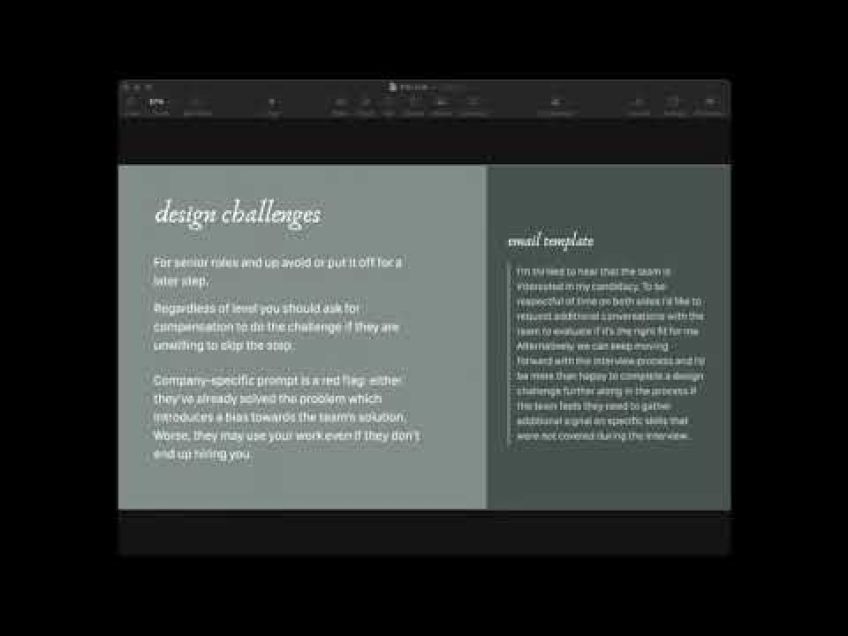- Career Path
- Research Based Designer
Research Based Designer
Research Based Designer
As a Research Based Designer, you will have the opportunity to blend creative design skills with a strong foundation in research and data-driven decision-making. This career path involves the utilization of research and analysis to inform and guide the design process, ensuring that designs are not only aesthetically pleasing but also well-informed and strategically developed.
Opportunities in this career path often include working in diverse industries such as user experience design, product design, and service design, where the focus is on creating designs that are driven by human insights and data. Research Based Designers collaborate closely with research teams, product managers, and other stakeholders to ensure that their designs meet the needs and preferences of the end users.
To excel in this role, candidates should possess a strong understanding of design principles, user-centered design methodologies, and research techniques. Proficiency in tools for user research and data analysis, such as usability testing, user interviews, and data visualization, is essential. Additionally, a solid grasp of design software, such as Adobe Creative Suite and Sketch, and the ability to interpret and communicate data through visual storytelling are valuable assets for Research Based Designers.
Candidates who have a background in psychology, sociology, human-computer interaction, or related fields, along with a keen interest in understanding human behavior and interaction with technology, are well-equipped to embark on a successful career as a Research Based Designer. This career path provides a unique opportunity to shape the future of products, services, and experiences through a blend of design and research expertise.

